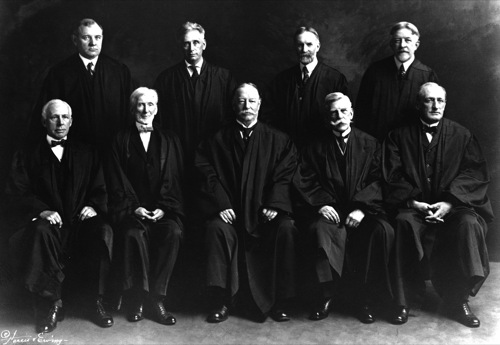





Muller and Buchanan involved challenges to the state’s police power. The next case, Adkins v. Children’s Hospital of the District of Columbia (1923), involved a challenge to a federal law. So far, we have only considered challenges to state laws for violating the Fourteenth Amendment’s Due Process Clause. However, Adkins involved the Fifth Amendment’s Due Process Clause, which limits Congress’s powers.
In Part II, we studied how the federal government lacks a general police power. But Congress does have the power to “exercise exclusive Legislation” over the federal District of Columbia. Art. I., Sec. 8, Cl. 17. The scope of this power is similar to the state’s police power to legislate for health, safety, and public morals. Pursuant to its general legislative power, Congress authorized a minimum wage for women and children workers in the District of Columbia. The purpose of the law was “[t]o protect the women and minors of the District from conditions detrimental to their health and morals.”